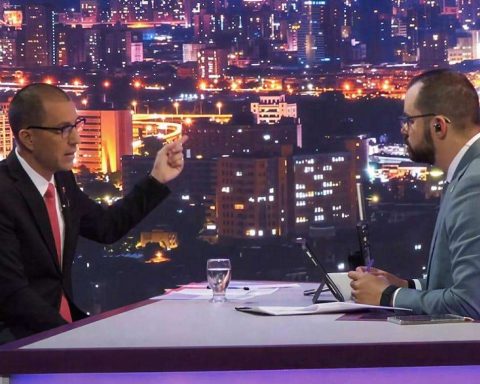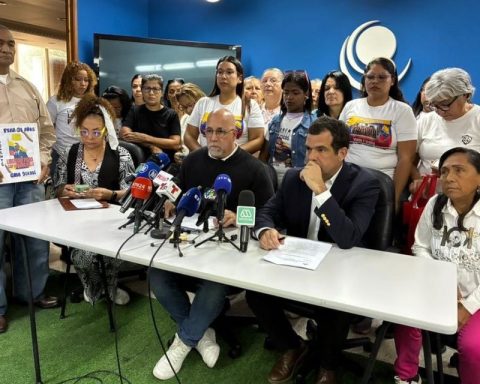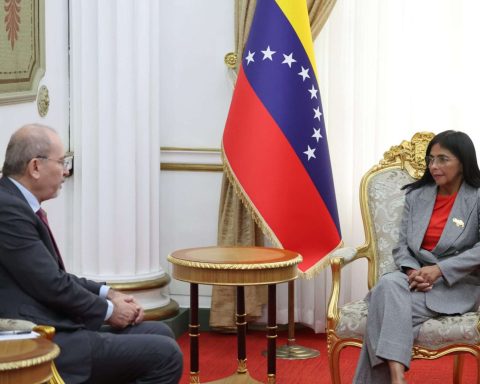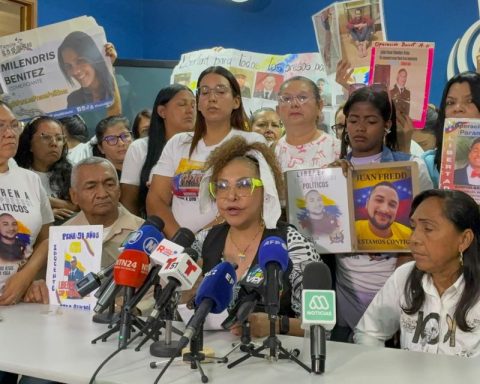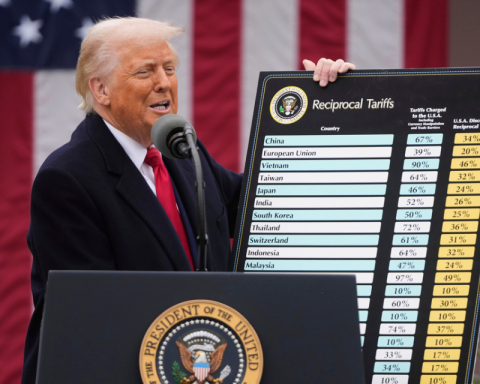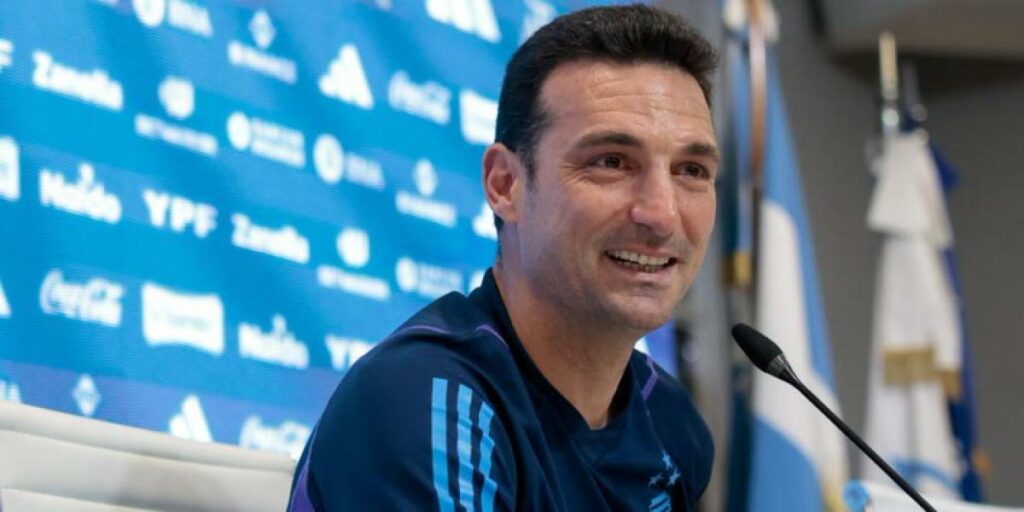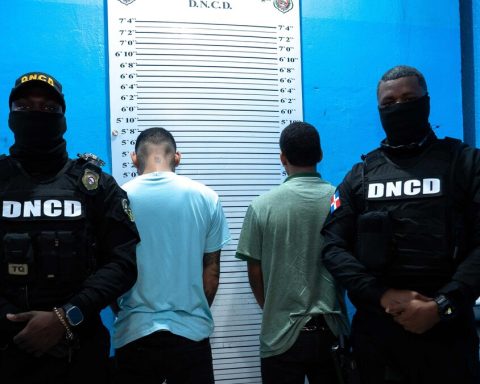Internal PDVSA documents indicate that the oil company accumulates some $21.2 billion pending collection from oil sales. Even close partners of Chavismo owe money, as is the case with Iran, which has pending payments for the receipt of oil in 2020
The problems of the state-owned Petróleos de Venezuela (PDVSA) are not limited only to paying its debts, but now also to collecting them, since the company is owed some $21.2 billion according to invoices that have not been paid, according to documents seen by Reuters.
This billion-dollar debt would be contracted by a group of intermediaries that PDVSA has had to resort to in order to mobilize the crude in the context of financial sanctions applied by the United States.
As a result of this situation, Pdvsa has only been able to confirm the collection of 16% of the oil sales made since January 2020, equivalent to some $4,080 million of the $25,270 million generated by exports from January 2020 to the present.
In accordance with Reuterssome $3.6 billion could be irrecoverable, since they correspond to oil tankers that loaded and left the country without paying in advance at least a fragment of the value of the cargo, despite the fact that the clients had accepted the advance payment as a condition to carry out the operation.
Given the magnitude of the debt, the new president of PDVSA, Pedro Tellechea, would have tried to stop scheduled shipments that had not yet been paid as soon as he took office, in January 2023.
*Read also: PDVSA reactivates the first drilling rig after three years without operations
Among the debtors are some partners close to the Nicolás Maduro administration, such as the Iranian government, with pending payments for receiving oil shipments from Venezuela since 2020.
In mid-2020 Venezuela and Iran strengthened their relations as countries sanctioned by the United States and began a dynamic of exchanging oil in exchange for gasoline to supply a national market devoid of the fuel that the national industry could not produce.
Amid the accusations, some of PDVSA’s clients have defended themselves by providing supporting documents for their payments that would not have been recorded in the state company’s contract administration system.
An audit carried out in the company after Tellechea took the reins indicates that executives from the commercial and supply divisions authorized the departure of cargoes from the Venezuelan coasts without completing the corresponding payment verification process.
These new irregularities in Pdvsa emerge amid an “anti-corruption” purge promoted by the Maduro administration, in which high-ranking officials, oil industry executives and judges have been arrested.
As part of this purge, the circle closest to Tareck El Aissami, one of the most powerful pieces in the Chavista leadership, was affected. Both Hugbel Roa, deputy to the National Assembly in 2020, and Joselit Ramírez, head of the National Superintendence of Cryptoactives (Sunacrip), both files of El Aissami, who resigned from his position as Minister of Oil upon learning of the investigations into its environment.
* Also read: Who are those involved in the PDVSA corruption plot?
Post Views: 135

